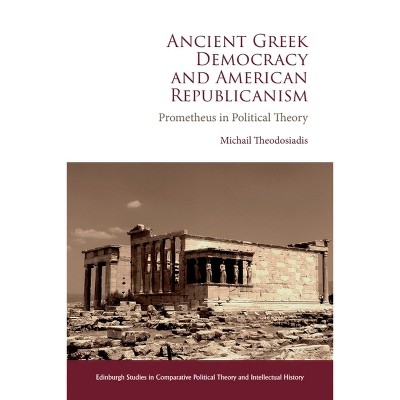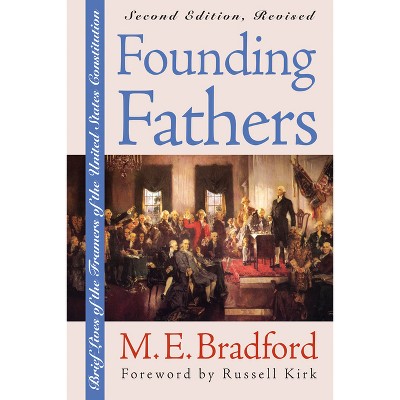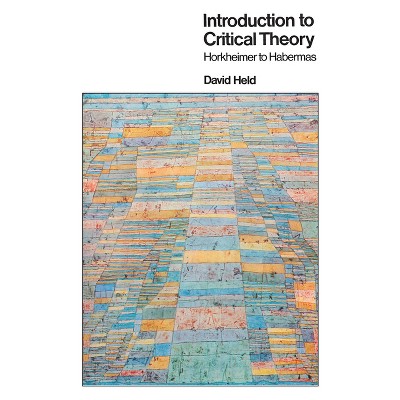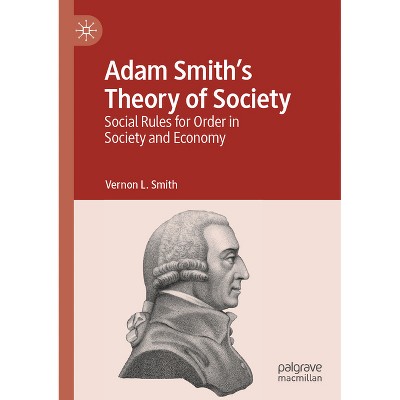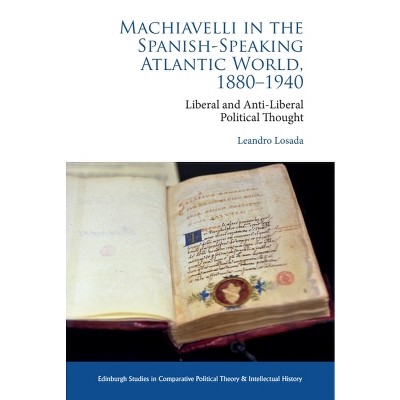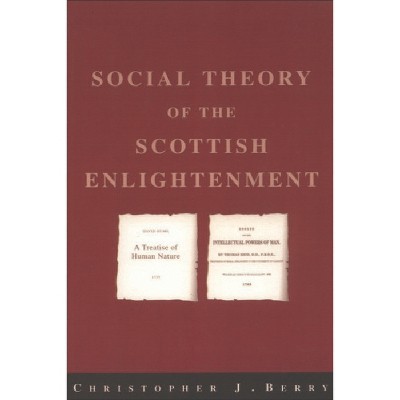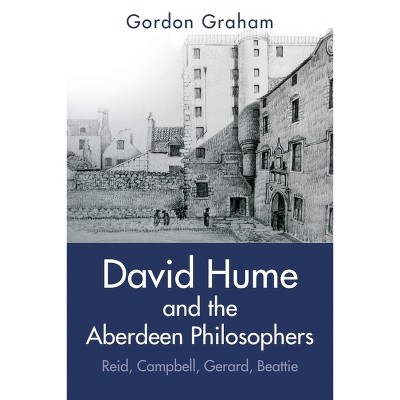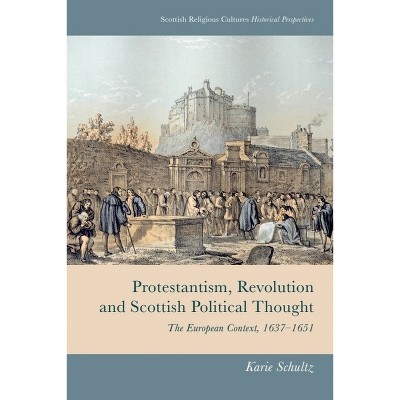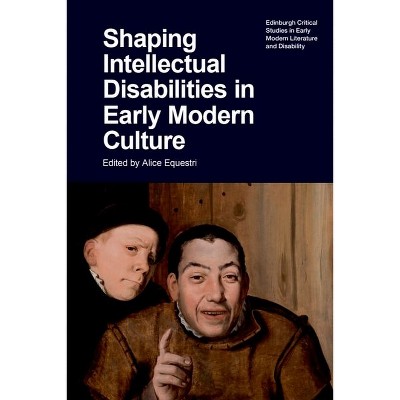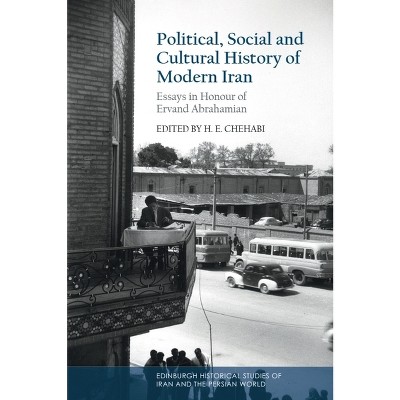Sponsored

Moderate Liberalism and the Scottish Enlightenment - (Edinburgh Studies in Comparative Political Theory and Intellectual History) (Paperback)
In Stock
Sponsored
About this item
Highlights
- Moderate Liberalism and the Scottish Enlightenment responds to a perennial problem in political theory: how to balance commercial considerations with the public good.
- Author(s): Constantine Christos Vassiliou
- 192 Pages
- History, Europe
- Series Name: Edinburgh Studies in Comparative Political Theory and Intellectual History
Description
About the Book
Examines how Montesquieu, Hume, Smith, and Ferguson's foundational liberal theories responded to the moral and civic challenges of early capitalism
Book Synopsis
Moderate Liberalism and the Scottish Enlightenment responds to a perennial problem in political theory: how to balance commercial considerations with the public good. It investigates this dilemma through the lenses of Enlightenment thinkers whose liberal theories responded to the hazards of commercial innovation during capitalism's nascent stages. Vassiliou argues that Montesquieu, David Hume, Adam Smith, and Adam Ferguson represent a moderate perspective in foundational liberal thought, which emphasizes the critical importance of honour. He compares how their liberal theories uniquely channel human beings' desire for honour to nourish a sense of interpersonal magnanimity within an inward-looking, liberal commercial world. In an age of polarized extremes, we have witnessed restive democracies flirting with populist, illiberal responses for managing the hazards of capitalist innovation. Montesquieu and his Scottish counterparts' foundational liberal theories offer us more viable, middle-ground prescriptions which are sensitive to the emotional constitution of a liberal society.
Review Quotes
The question this book poses is whether a balanced and moderate liberalism is still possible today at a time when it is challenged by deep sources of discontent from both the left and the right. Do market democracies possess the resources necessary to provide for the kind of civic personality that can resist today's oligarchic elites? Vassiliou has done an excellent job of centering these debates--Steven B. Smith "The Review of Politics"
Moderate Liberalism and the Scottish Enlightenment is an effectively ambitious book. On the one hand, it weaves together, in intriguing ways, thoughts gathered from Montesquieu and the central figures of the Scottish Enlightenment; on the other hand, it slyly juxtaposes those thoughts with recent concerns about the practical and theoretical status of liberalism and its critics. This is a needed study for the times in which we live.
--Stuart D. Warner, Roosevelt UniversityConstantine Vassiliou's ambitious book offers its readers a timely opportunity to reexamine Montesquieu's complex ideas on finance, commerce, honor, and liberty in the context of his engagement with the ideas of the Scottish Enlightenment. It starts from the impact of the events related to John Law's system on Montesquieu's intellectual formation and puts his ideas in dialogue with Adam Smith, David Hume, and Adam Ferguson. Vassiliou admirably succeeds in shedding fresh light on the complexity of Montesquieu's liberalism and invites us to rethink the importance of political moderation for addressing our contemporary economic and political challenges.
-- "Aurelian Craiutu, Indiana University, Bloomington"Original, engaging, and very insightful. Moderate Liberalism and the Scottish Enlightenment offers a rare combination of historical context and philosophical probity necessary for a serious study of political philosophy.--Khalil Habib, Hillsdale College
This thoughtful and readable book offers a sequence of comparative analyses of the political thought of Montesquieu and his major Scottish interlocutors: David Hume, Adam Smith, and Adam Ferguson [...] Each chapter rests on a thorough command of the relevant primary material and offers conceptually illuminating scholarship.--Iain McDaniel, University of Sussex "Eighteenth-Century Scotland"
Shipping details
Return details
Trending Non-Fiction






